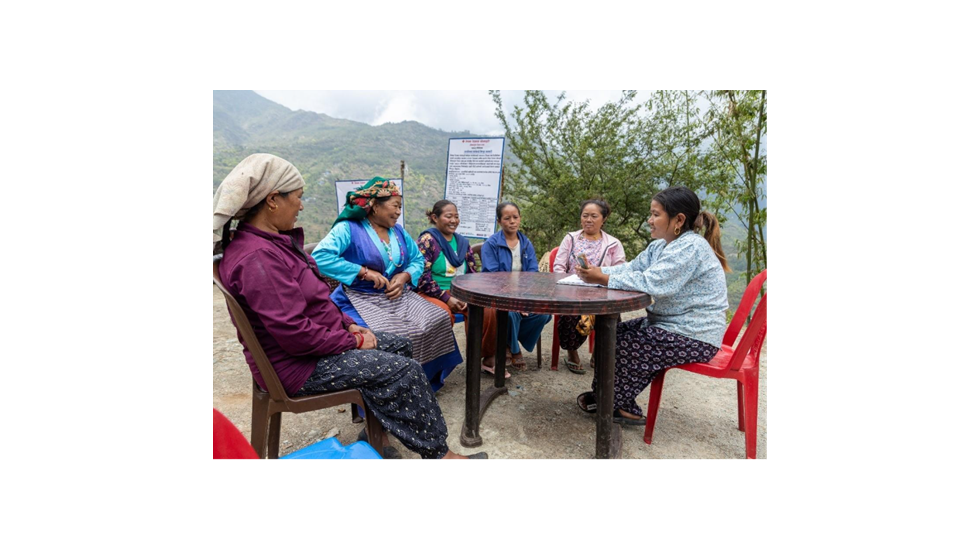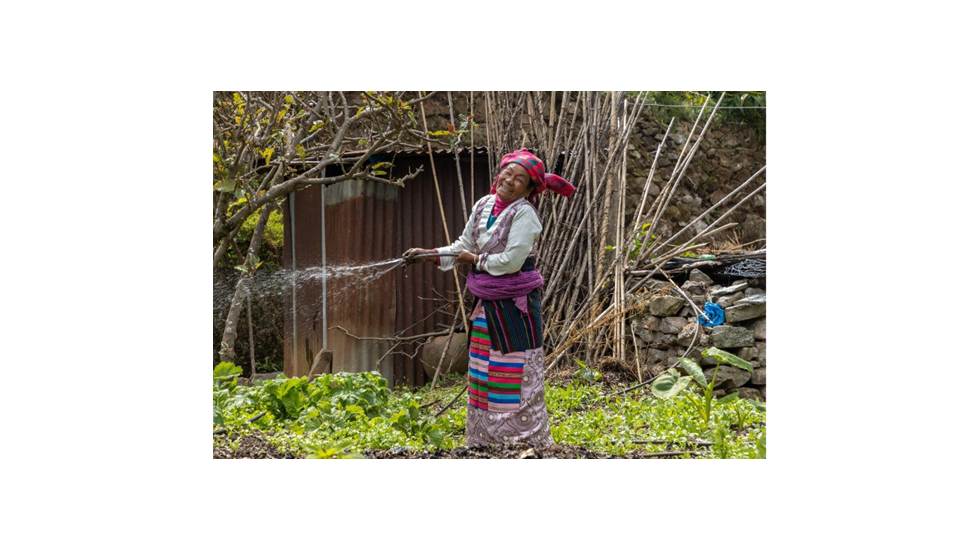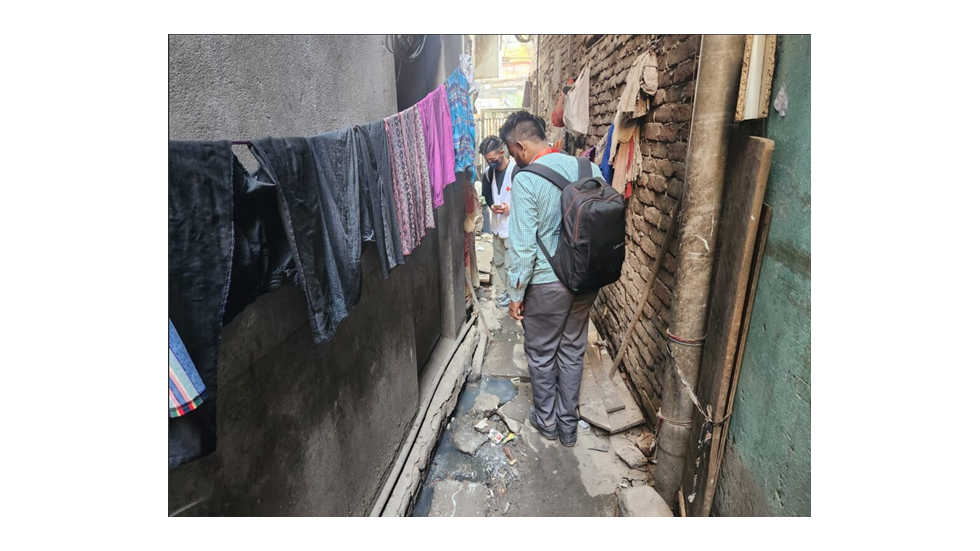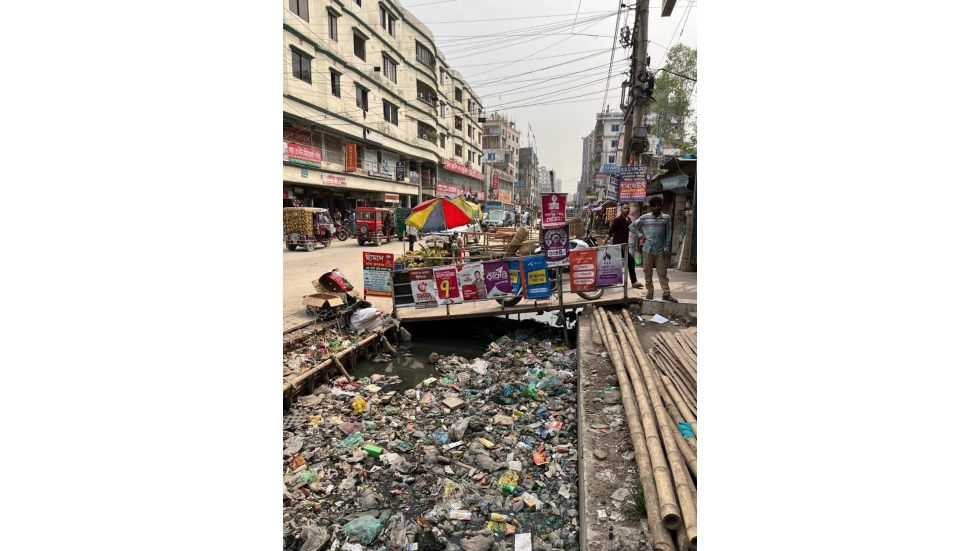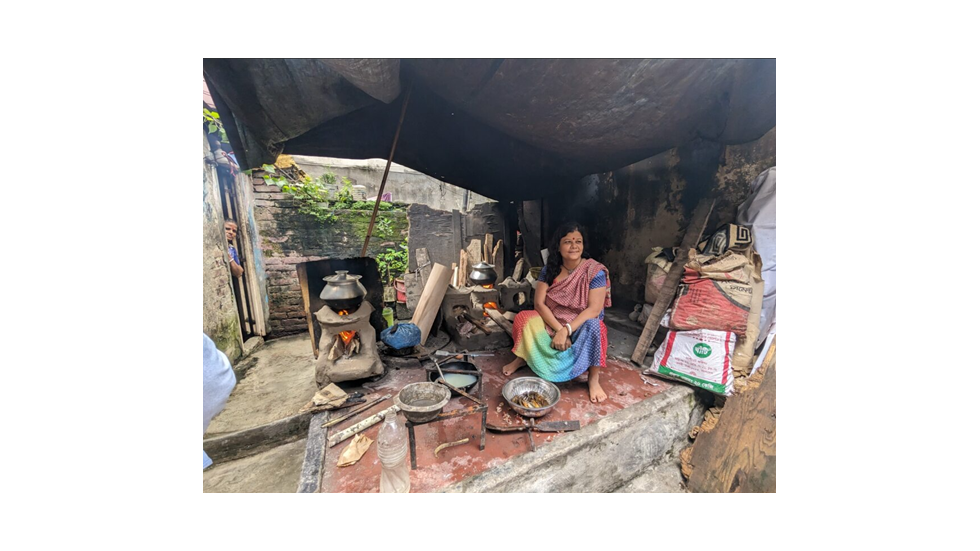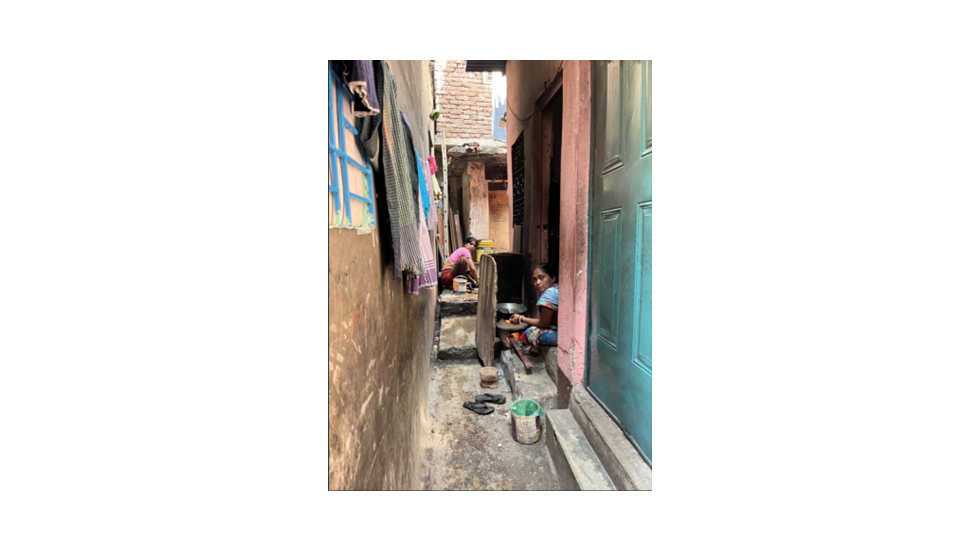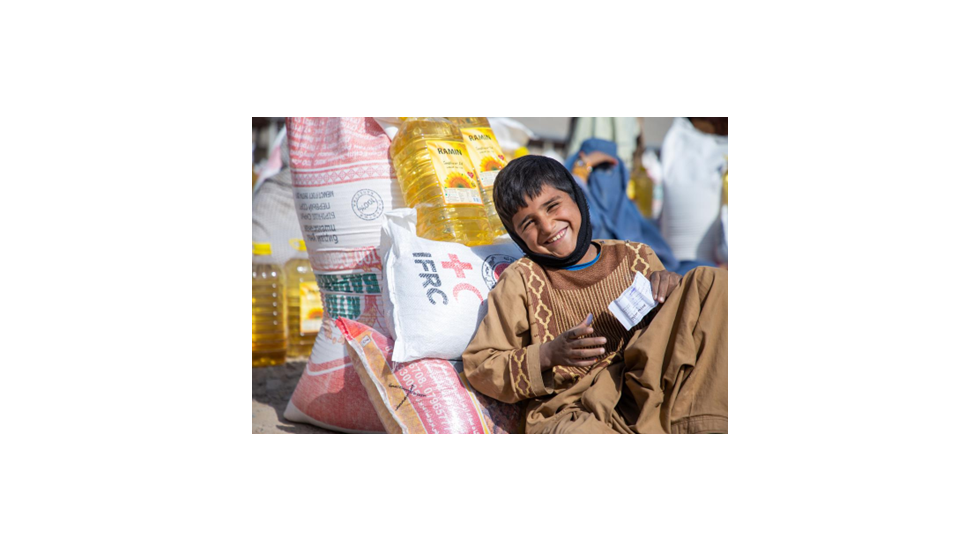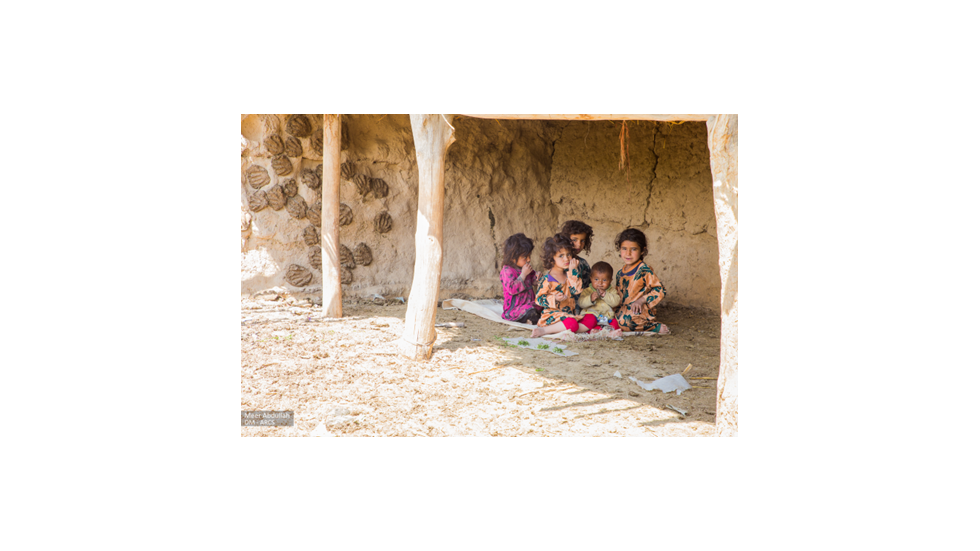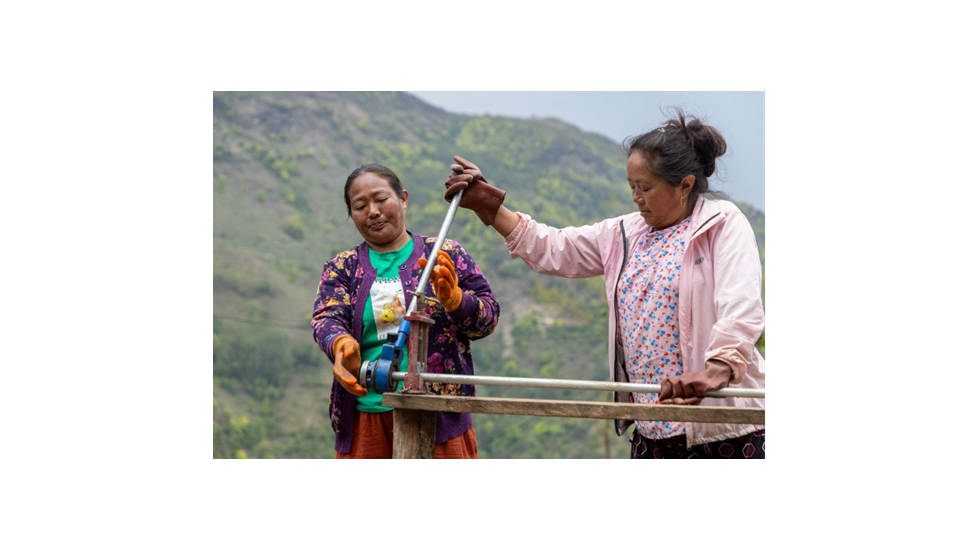Enhancing community resilience-Support Overseas Community Resilience Projects
Raised
0%
Beneficiaries
Fundraising Target
Fundraising Period
1 October 2025 - 31 March 2026
Climate change multiplying the risk of the vulnerable community living in rural and urban community. The extreme weather such as drought, induced the reduction of water supplies and increased the vulnerable communities’ risks on Water and Sanitation and Hygiene (WASH) and Health. Due to the rapid urbanization, the rising population living in unfavourable living environment with high density, limited space and bad hygiene environment which enhance their risks on disaster and hygiene.
In Bangladesh, there are over 70 million population living in the urban community. Due to the lack of the land in the urban area, the vulnerable groups can only live in crowded and packed environments with insufficient hygiene facilities and adverse hygiene. Heatwaves, fire incidents, floods and earthquakes are major disaster risks due to dense population, cramped living condition & unsafe building structure. Women, children, aged people, and the people with disabilities in general and the vulnerable communities (lower-caste people of slum population) suffer the most at times of the calamities and hazards and tend to have feeble mitigation planning.
Access to safe drinking water and sanitation facilities is one of the most basic health needs for human life. According to statistics from the United Nations, there are still about 2.2 billion people without access to safe drinking water, 3.5 billion people lacking safely managed sanitation facilities, and half of the world’s population faces severe water scarcity for at least one month each year. Climate change is exacerbating Nepal’s water security issues, with floods and glacial lake bursts destroying wells and sanitation systems, forcing women and children in remote villages to walk long distances for water. Building on the devastation of the 2015 Nepal Earthquake, which severely damaged WASH infrastructure, the Hong Kong Red Cross, in partnership with the IFRC and Nepal Red Cross Society, has been implementing community-based WASH projects since 2017 to support sustainable recovery and resilience through locally led projects.
Over 30% of Afghan children now face crisis levels of starvation, with nearly 3.5 million under the age of five suffering from acute malnutrition. This humanitarian emergency arises from a collapse in public services, economic instability, and climate disasters such as droughts and floods that devastate crops and livestock. Inadequate diets, poor sanitation, and limited access to healthcare further exacerbate the crisis. With over 12 million children in need of urgent aid, the situation is dire. Malnutrition leads to stunting, cognitive impairment, and increased mortality rates. Urgent and sustained funding is essential to support life-saving nutrition programs, strengthen community resilience against climate disasters, and break this devastating cycle.

